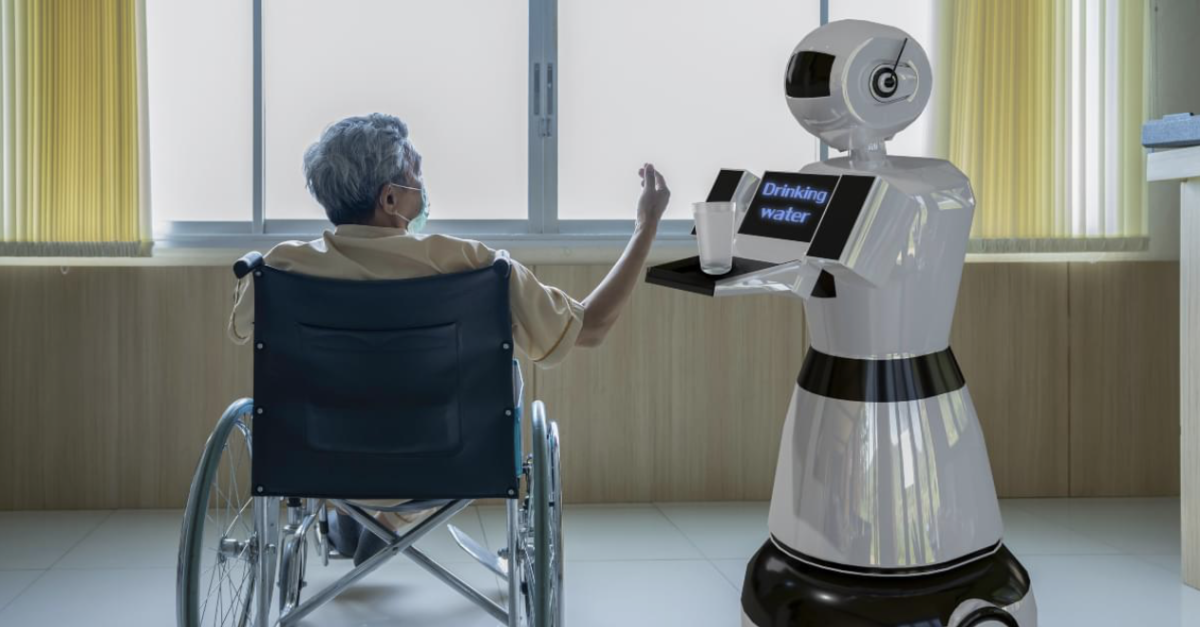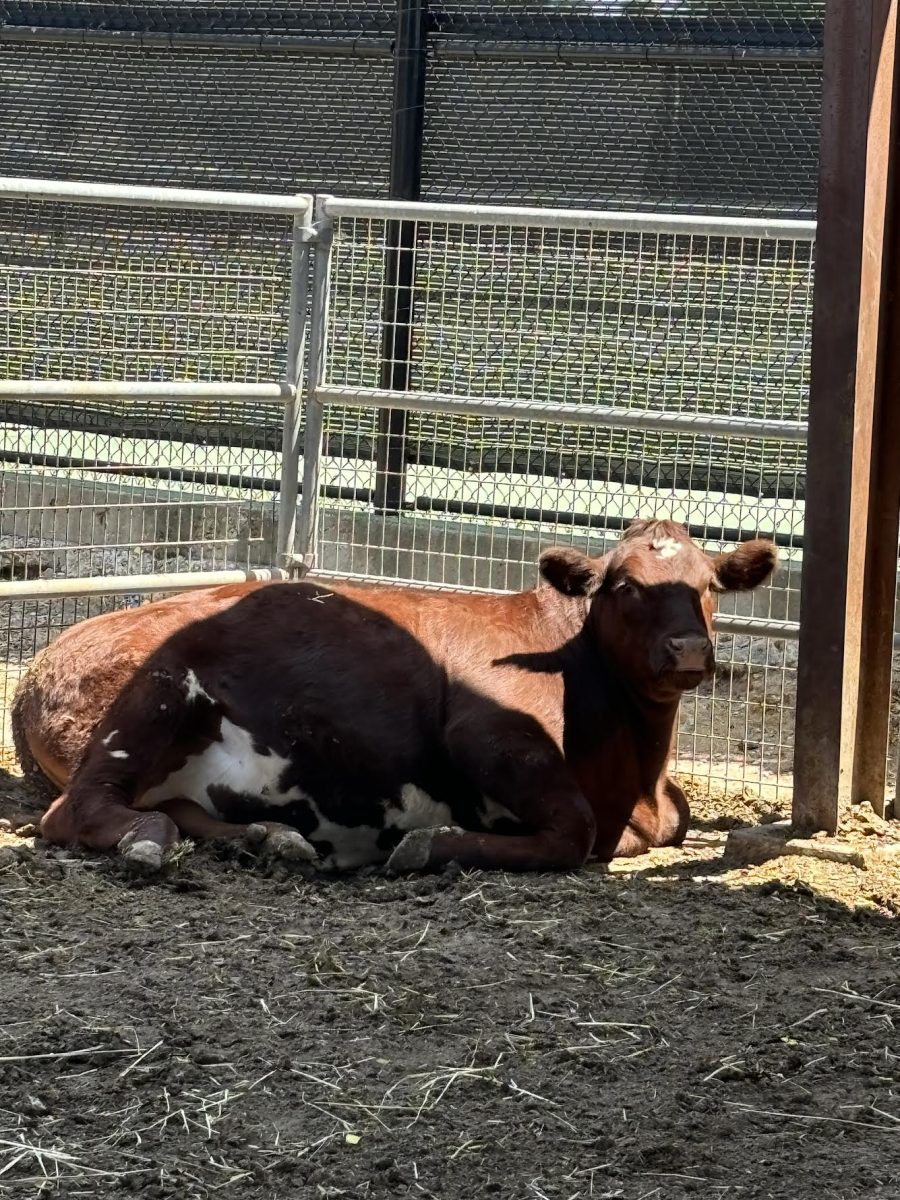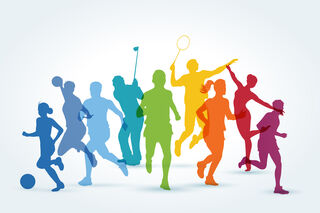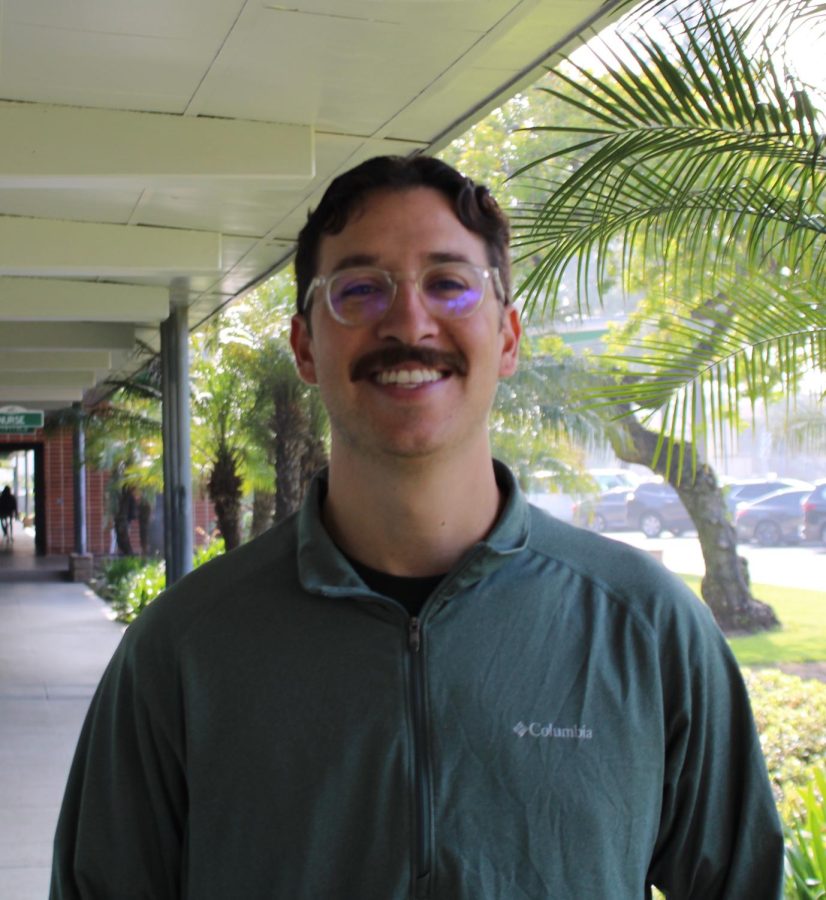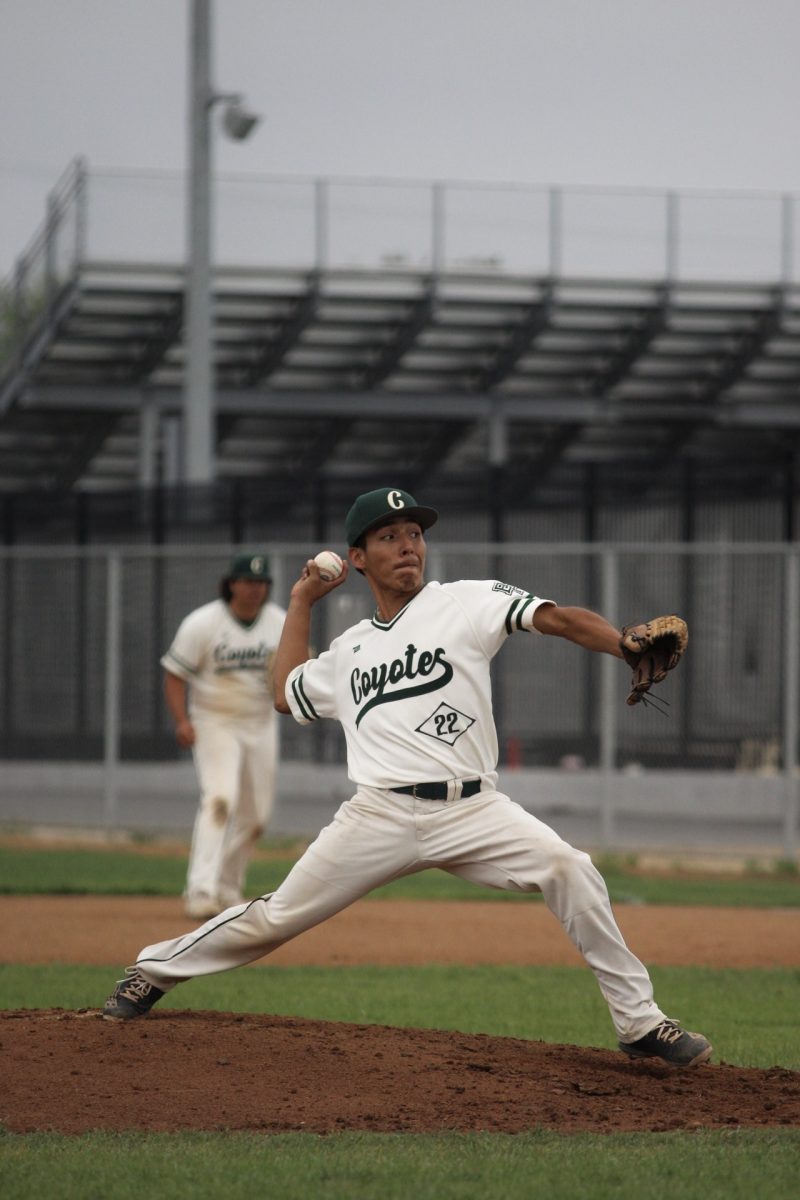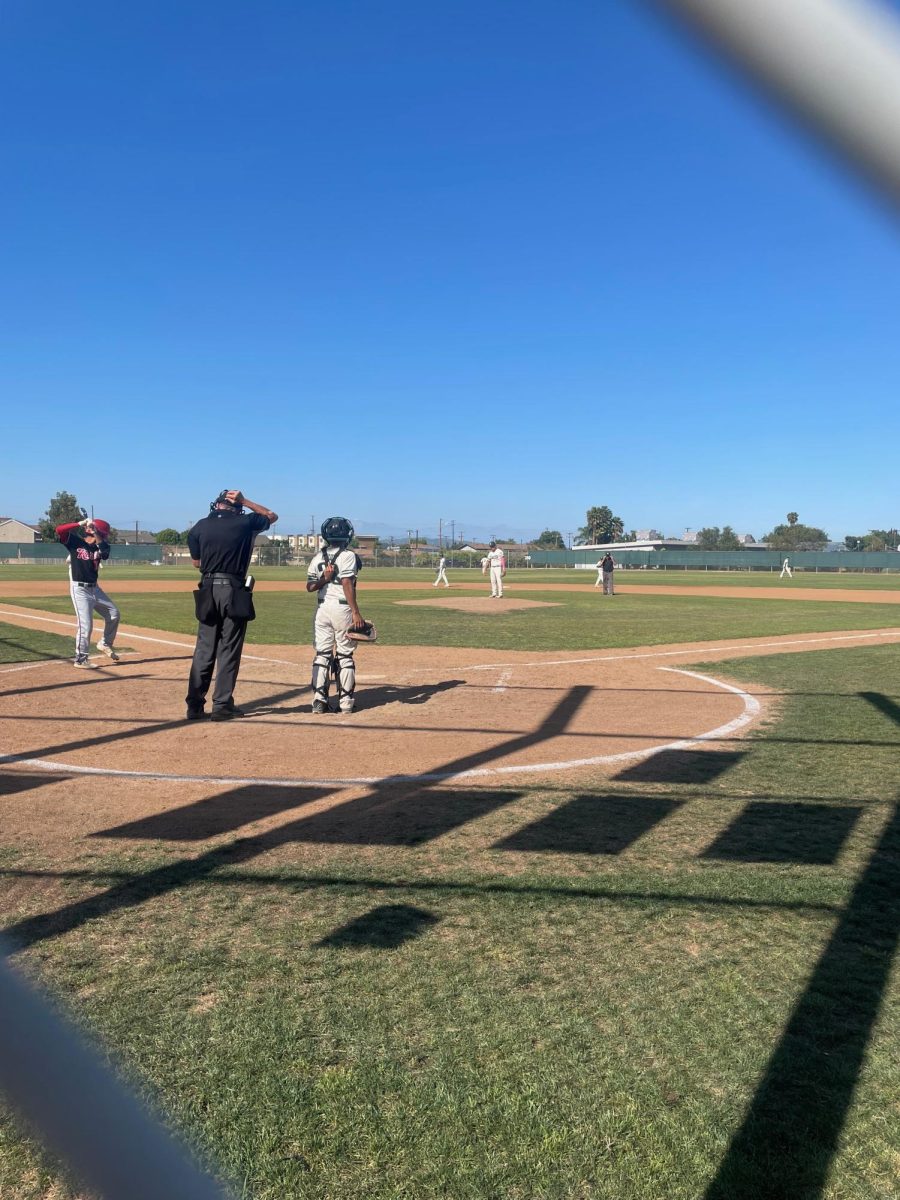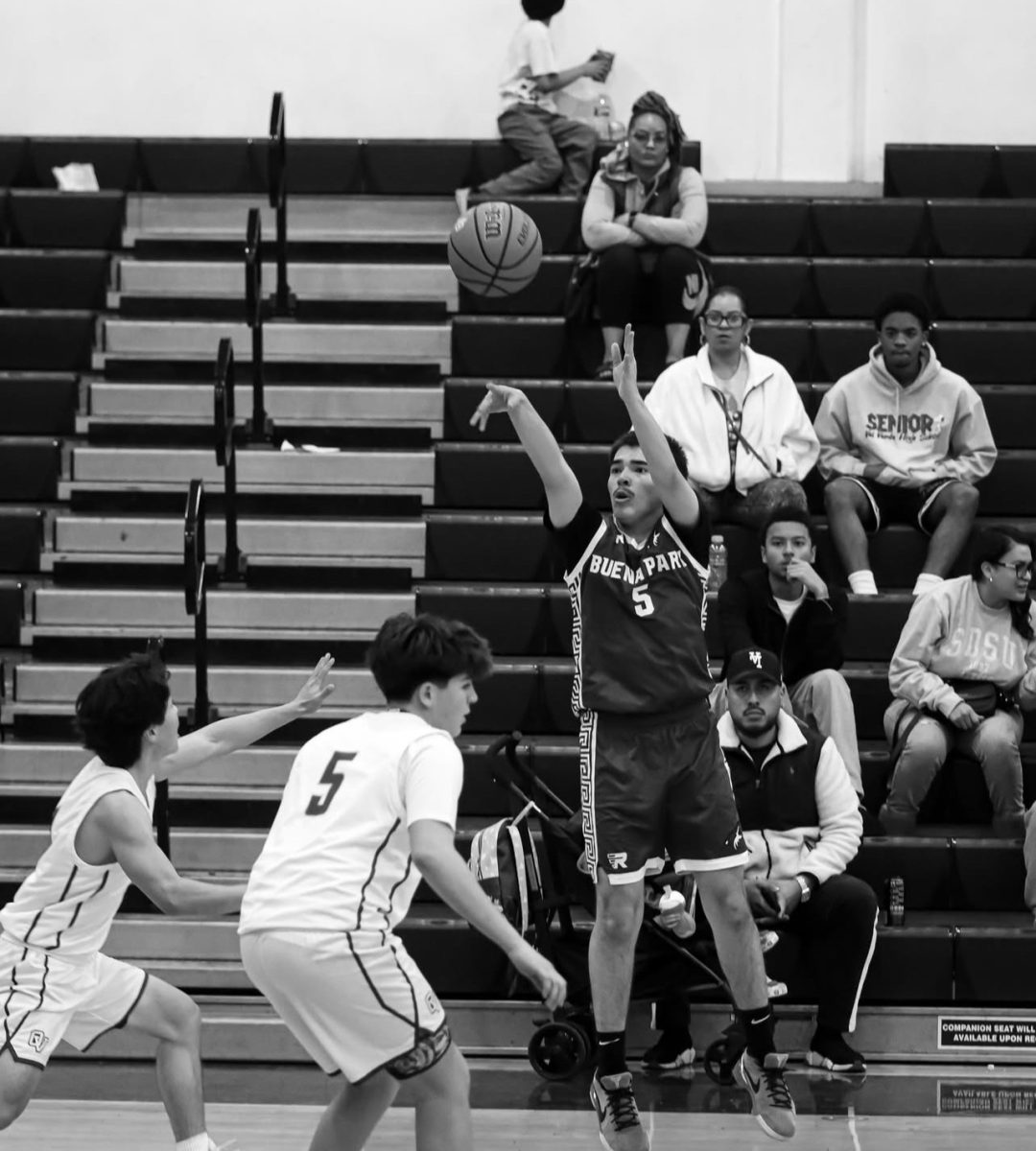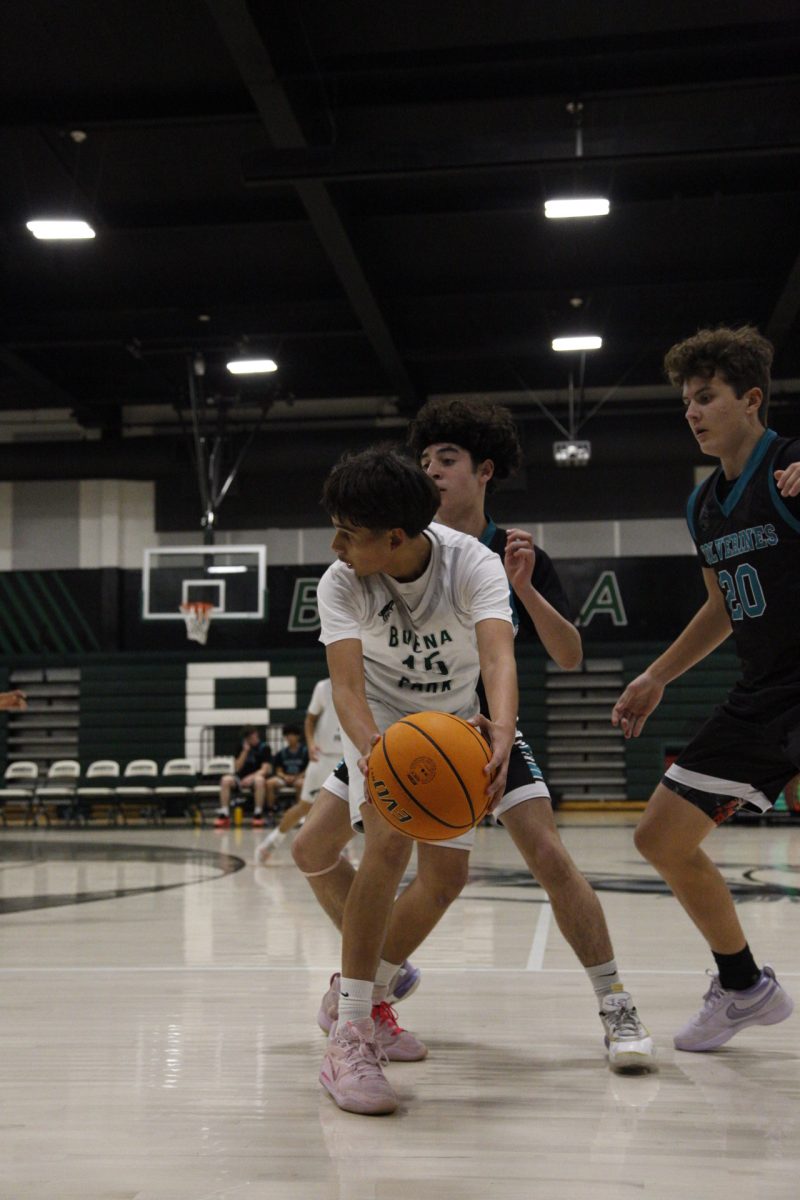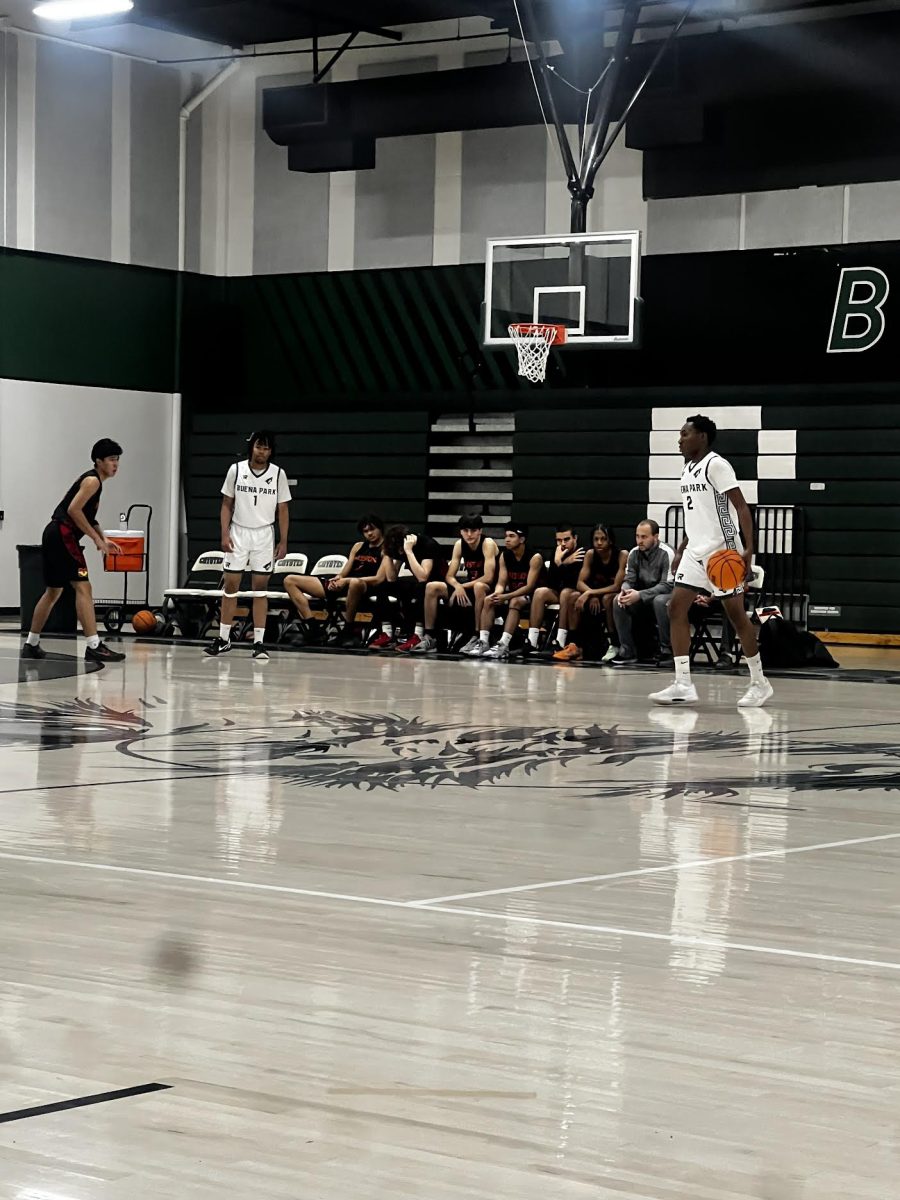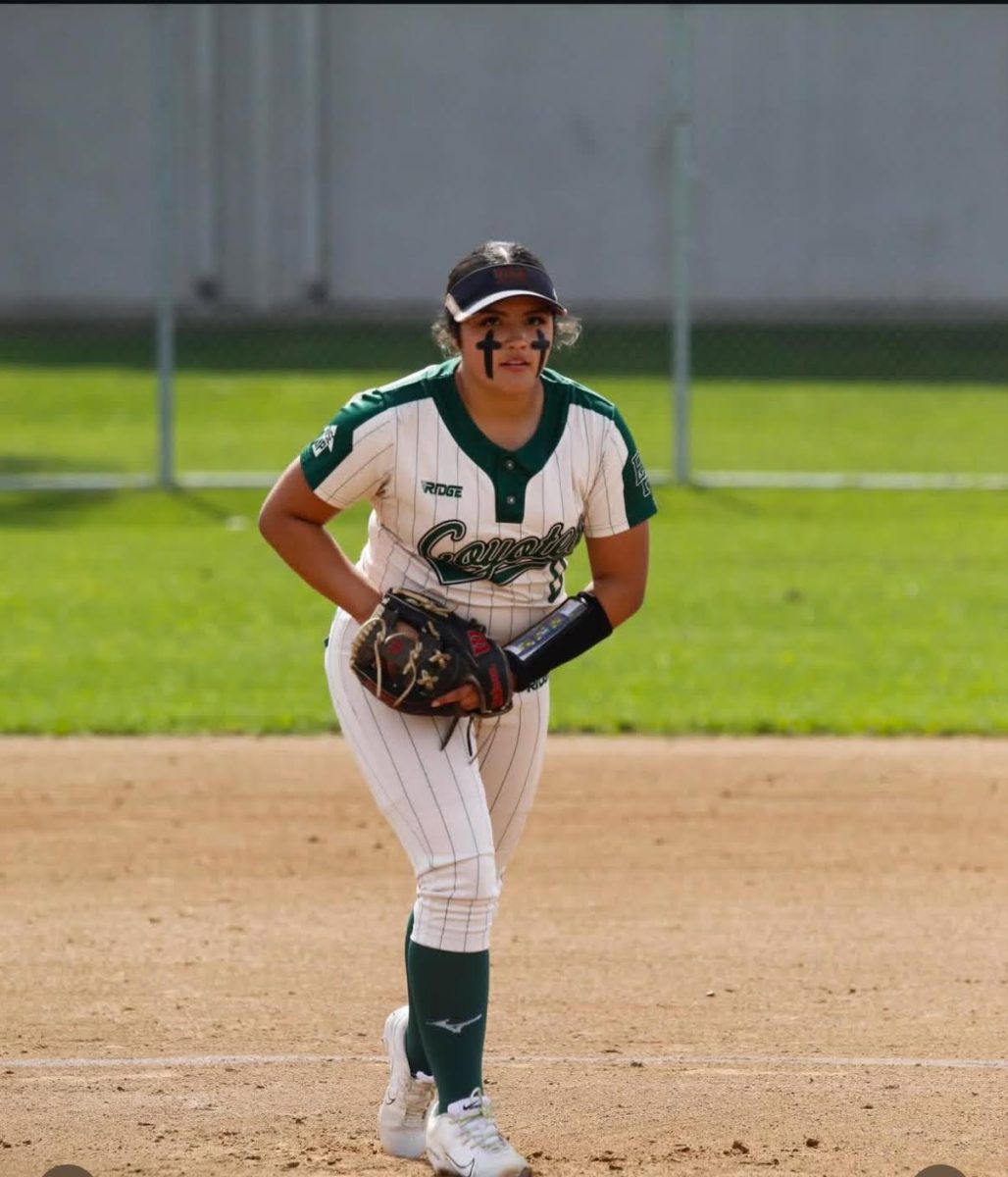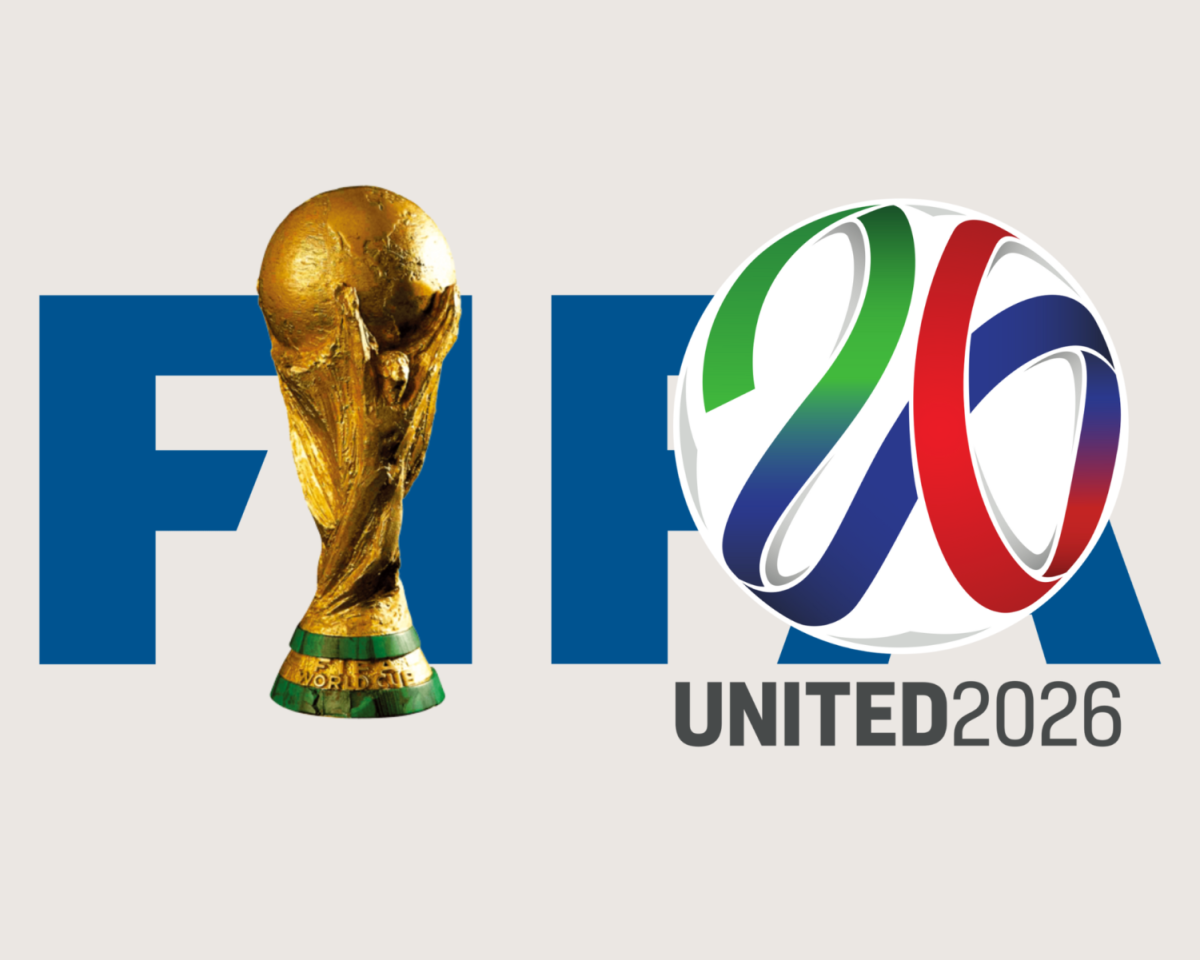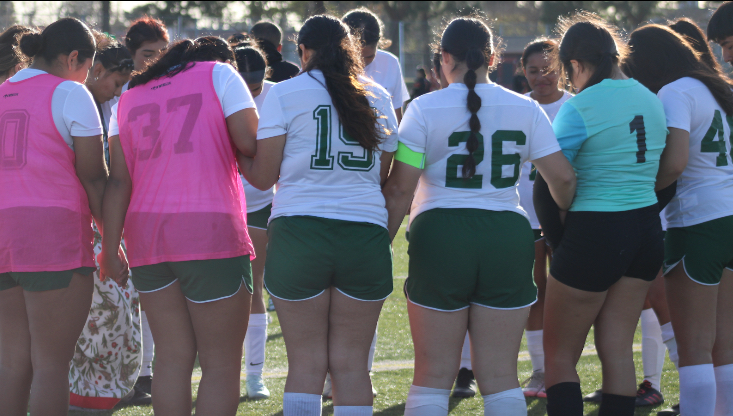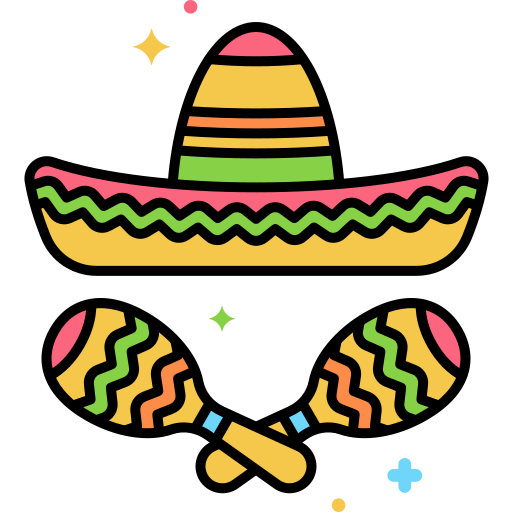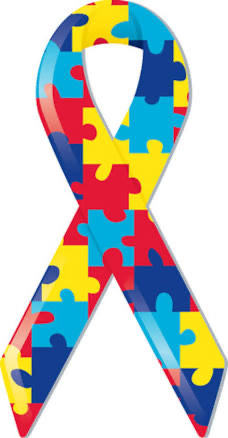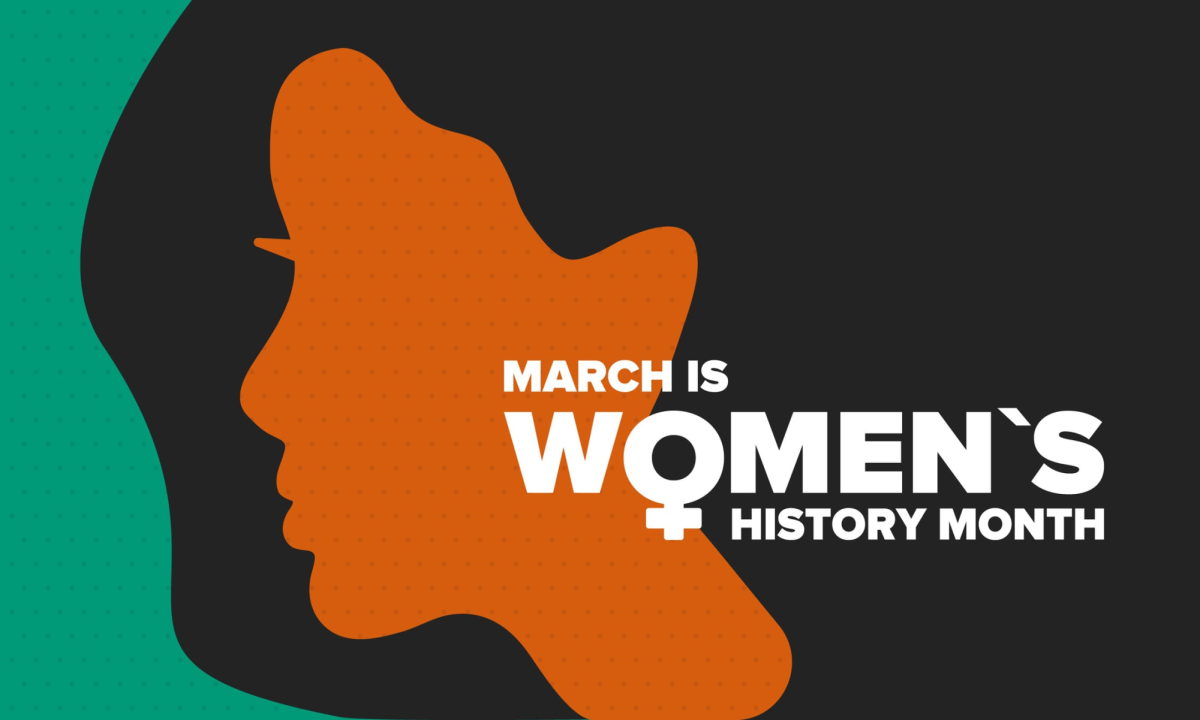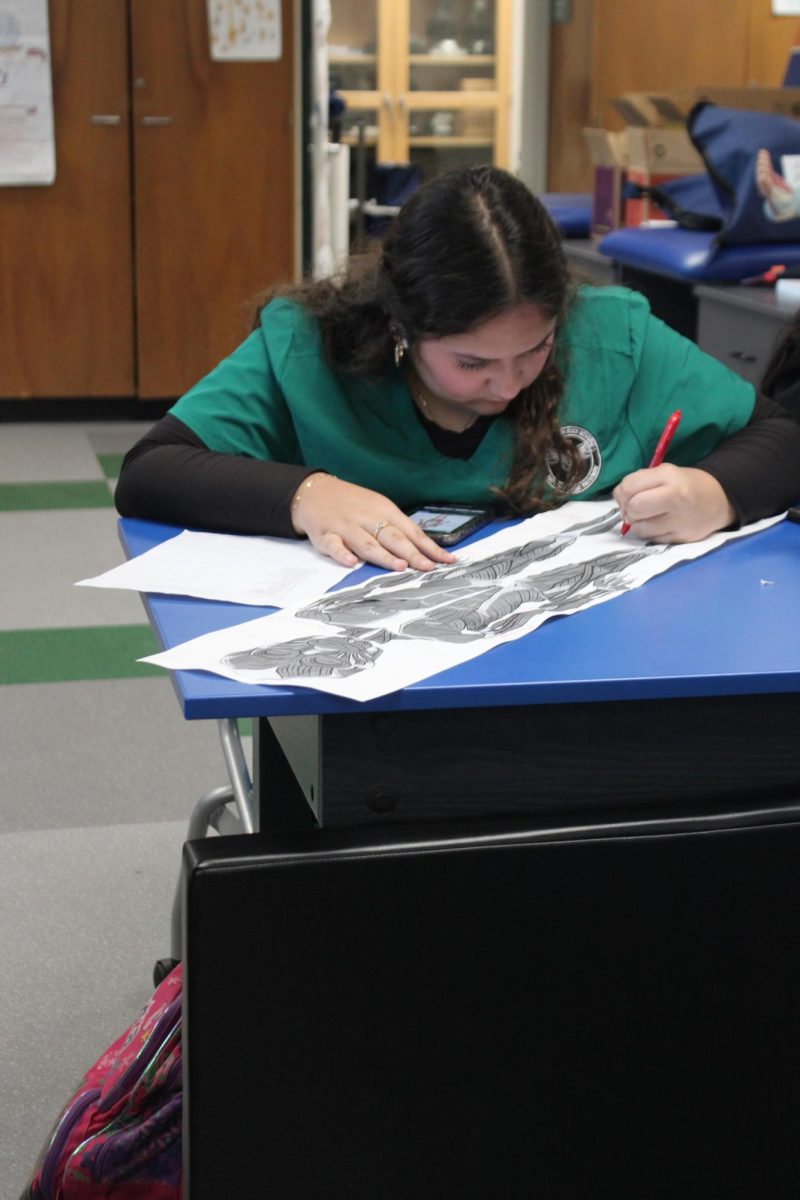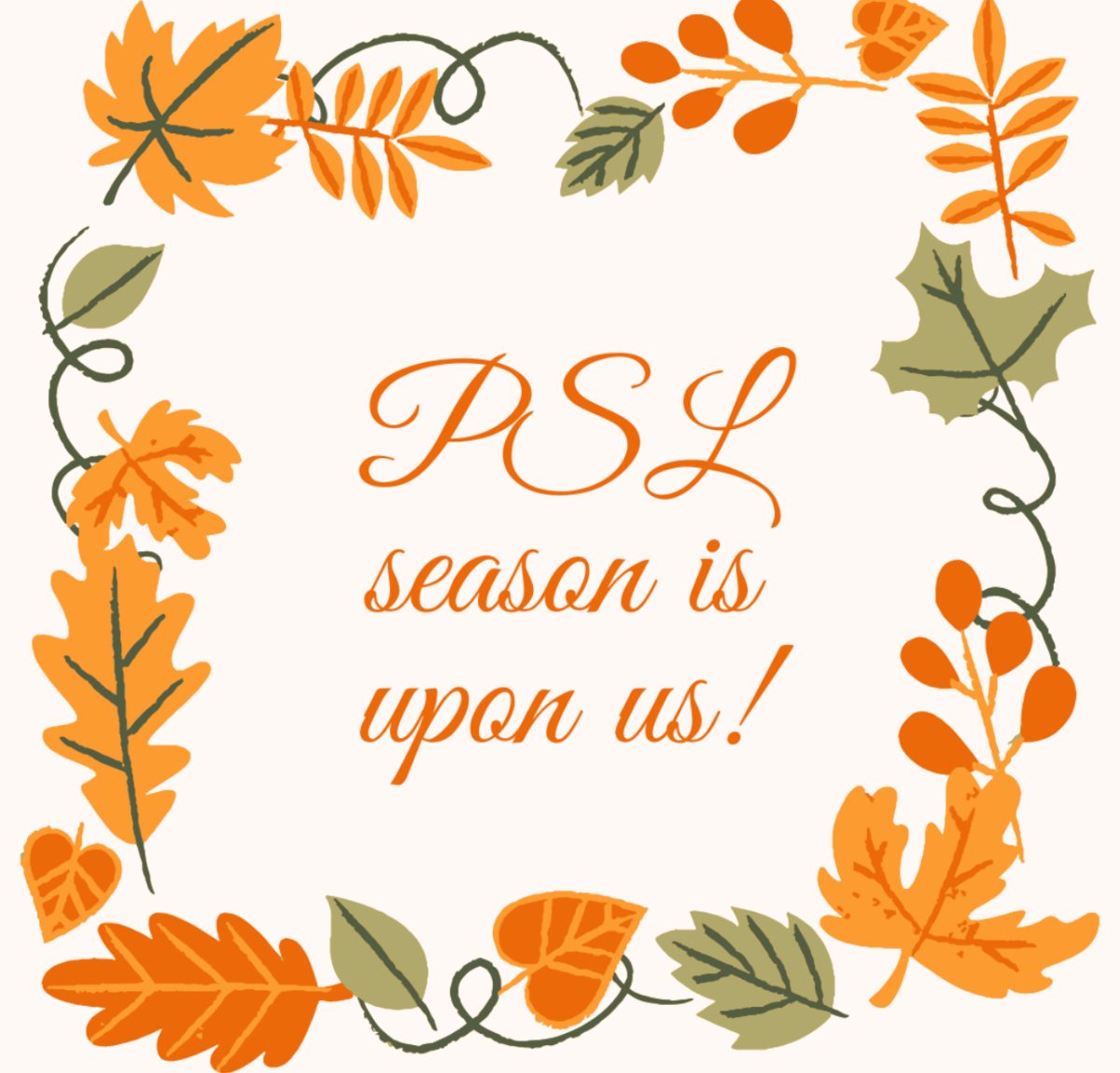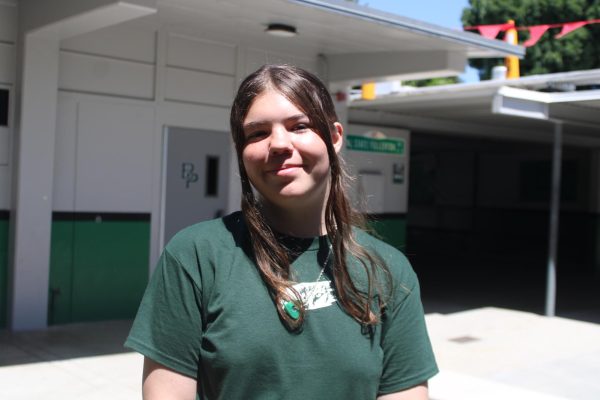Love it or hate it, caffeine is everywhere in our everyday lives. According to the NIH, 90% of Americans drink caffeine regularly. Caffeinated beverages get people ready for the day and provide an extra boost of energy. Coffee has become a staple in the American Breakfast, multicolored energy drinks line the shelves of every gas station and convenience store, and even shot-sized beverages loaded with 200 mg of caffeine (about half of a safe daily intake). But what exactly is caffeine, and how has it become so commonplace? 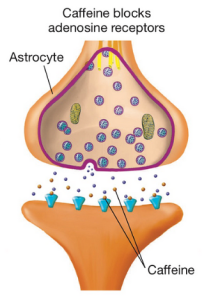
It is up for debate whether or not Caffeine can be considered an addictive substance. On the National Institute of Health website, the terms “Caffeine Dependence” or “Caffeine Use Disorder” are used, which implies that the copious amount of caffeine use we see in the world today is not a serious addiction. However, the NIH makes a very alarming comparison that changes the idea of caffeine in our minds. They state, “Caffeine is the most commonly used drug in the world”, and shortly later, they refer to it directly as a drug. Officially, it is considered a psychoactive drug and is the most widely used one in the world. It is a stimulant, which is in the same category as nicotine and cocaine.
Caffeine works by stimulating the central nervous system. When caffeine reaches your brain, it binds to adenosine receptors. Adenosine is a body-produced chemical that regulates our sleep schedule and can act as a depressant. When caffeine is bound to adenosine receptors, the effects of adenosine are blocked. This is why caffeine helps us feel more awake and alert by blocking the depressive symptoms of adenosine. When adenosine is blocked by caffeine, other receptors are indirectly affected. Dopamine is a chemical we all know: it is important in regulating learning and motivation. Another common receptor that is affected is the serotonin receptor: it stabilizes mood and plays a role in some body functions. This explains why caffeine has a variety of effects on our minds and bodies.
History of Caffeine
The first caffeinated beverage people consumed was thousands of years ago, in the form of tea. According to a Chinese legend, Emperor Shen Nung, who ruled from 2727 to 2698 BC, was the first to notice the healing properties of the Camellia Sinensis plant. He urged people to grow it, causing it to become popular throughout the entire empire. At this time, it was more popular to chew the tea leaves than brew them, but this changed in the Tang dynasty. People began pounding the dried leaves into cakes and brewing them in hot water, leading to the beverage we know today. Camellia Sinensis is still used to make most modern teas, such as green, oolong, and black. Coffee came thousands of years later, originating in Ethiopia. An Ethiopian legend states that a herder’s goat became quite jumpy after eating the berries from an arabica plant. The herder gave some berries to a monk, who used them to make coffee.
While massively popular today, energy drinks aren’t even 100 years old. The first energy drink in the world was invented in Japan by Taisho Pharmaceuticals and released to the public in 1962. Lipovitan D had a syrupy texture and a medicinal smell. It was taken by a spoonful, much like cold medicine. One of the main ingredients of Lipovitan is taurine, which will soon become the foundation for energy drinks. Taurine is an amino acid that balances mineral content in the body, regulates energy production, and has a calming effect, which nicely counteracts the jitters of caffeine. While Lipovitan D didn’t take off globally, Red Bull had wings.
energy drinks. Taurine is an amino acid that balances mineral content in the body, regulates energy production, and has a calming effect, which nicely counteracts the jitters of caffeine. While Lipovitan D didn’t take off globally, Red Bull had wings.
When Austrian entrepreneur Dietrich Mateschitz visited Thailand, an energy drink named Krating Daeng (“Red Bull” in Thai) grabbed his attention. He launched his version in Austria in 1987, which became very popular with people who worked long hours. Throughout the 90s, Red Bull continued to pop up around the world, becoming iconic through its slogan, “Red Bull gives you wings!”. In 2014, this campaign would become even more iconic, as the company was sued for false advertising. Red Bull paid out a 13 million dollar settlement to suer Benjamin Careathers because the drink does not give you wings. Now, Red Bull ads use “wiiings” to avoid future lawsuits.
What To Avoid
Caffeine can often be used to scare. Looking up the negative effects of caffeine can often lead to fearful articles talking about the possible effects of anxiety, insomnia, dependence, as well as others. These do have a scientific basis, but you should not be fearful. Yes, if you have problems with things like anxiety or insomnia, too much caffeine can increase these problems. But just like with most things in life, the key is moderation. You won’t become an anxious, never-sleep coffee addict just by having a cup of coffee now and then. A moderate amount of caffeine has been shown to have positive effects. When consumed in moderation, coffee and tea can reduce the risks of several diseases like cardiovascular cancer, type 2 diabetes, and Parkinson’s disease. Additionally, those who drink about 2 to 4 cups of coffee daily are 50% less likely to commit suicide than those who drink less than 2 cups a day. With benefits to both physical and mental health, caffeine may not be as bad as some of us think.
Here at BPHS, you can see many students and staff walking to class in the morning with energy drinks, coffee, or even tea. Starbucks, McDonald’s, and local shops are all popular options. We interviewed some students to get a feel for how caffeine affects BP. We interviewed Sophomore Liana Gonzalez. Her favorite caffeinated beverage is iced coffee. She says that she drinks caffeine every day and explains, “When I don’t drink it, I’m super tired and moody, with it I feel normal and happy.” It is scientifically proven that caffeine can help improve mood by reducing boredom. However, it may also increase feelings of anxiety and nervousness. Additionally, she sleeps about 7 hours every day, whether or not she drinks caffeine. Many of us know that caffeine can keep us awake even when it’s time for bed. However, drinking caffeine early in the morning gives you time to filter most of it out before bedtime and get a good night’s rest.
We also interviewed David Guzman, a 10th grader. He tells us that he is a fan of iced coffee and that he tends to drink it daily. Like meny, he tells us that “I get very energized when I drink caffeine”. This is a major point of appeal for people who drink things like coffee. David is in Theater, Vocal Ensemble, and Volleyball, which takes a lot of time and, importantly, energy. Meny people who do have busy lives tend to replenish the energy they lose throughout the day with caffeine. But David says that he tends to sleep an average of 7-8 hours a night, and he says, “I do not think Caffeine affects that”.
With the end of the year fast approaching, many students at BP will be looking for caffeine as an energy supply for the late night study sessions, writing frenseys, and stress that come with finals. Dont be afraid to use caffeine as needed, it can be a valuable tool, but just rember to do it with moderation in mind. And rember that a cup of coffee dose not repace the value of a good nights rest.
